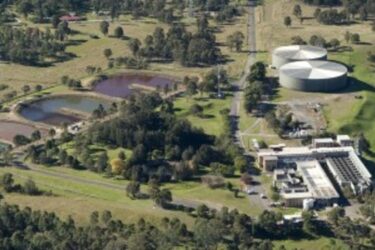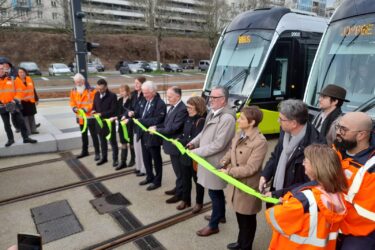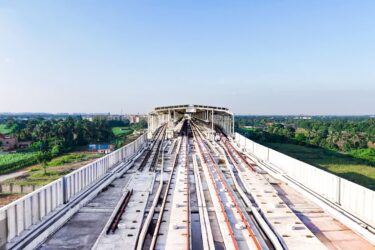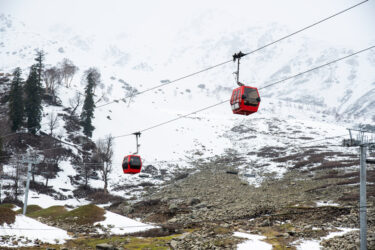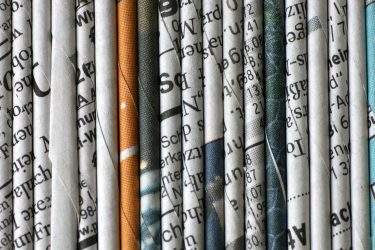1/ What impact has the health crisis had on SYSTRA?
Pierre Verzat: We have shown great resilience by rapidly reorganising our production while our projects have been able to continue without falling too far behind schedule. We will be a little short on turnover, but we are still up 8% on budget compared to 2019.
Our new orders are in line with our budget at €736m. The crisis has demonstrated the robustness of our organisation based around key countries and the strong commitment of all our teams around the world.
In 2021, we expect business to remain sustained and our global order book of more than €1 billion allows us to stay confident in the future.
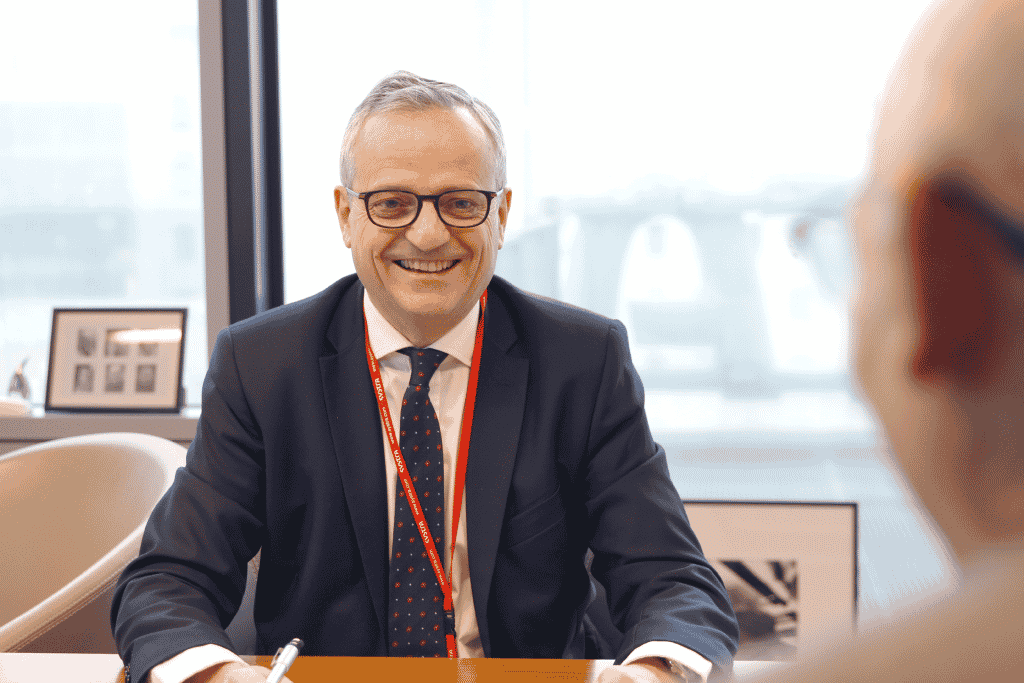
The crisis has demonstrated the robustness of our organisation based around key countries and the strong commitment of all our teams around the world.
Pierre VERZAT
Didier Traube: SYSTRA France has been highly mobilised and our teams have shown excellent responsiveness and adaptability.
As a result, SYSTRA France maintained its production capacity during the first and second confinements.
During the first confinement, we were able to energetically support the restart of the worksites.
- Commissioning continued (line 14 of the Paris metro, line D of the Bordeaux tramway, etc.) and renovated railway lines entered the test phase…
- The links with our clients have never been broken, we have accompanied them and we continue to be at their side to respond to current and new issues related to the crisis (air quality, bicycle and pedestrian flows…) and to prepare for the return to some form of ‘normality’.
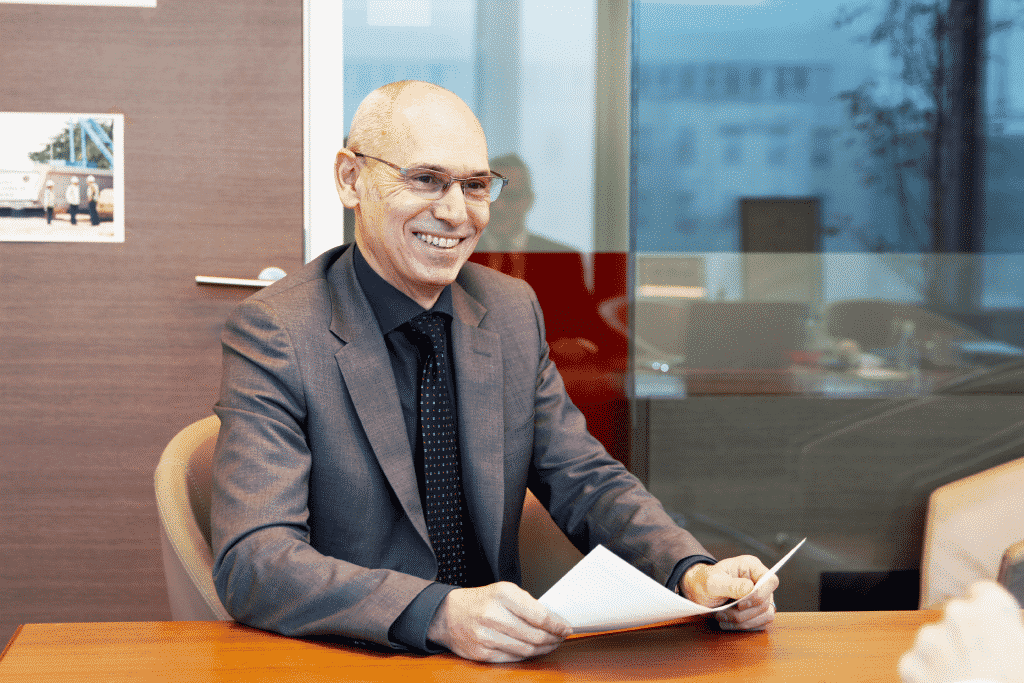
SYSTRA France maintained its production capacity during the first and second confinements.
Didier TRAUBE
2/ Activity in France is in the process of being embodied in an autonomous subsidiary. For what reasons, and to what end?
Pierre Verzat: It is the direct result of the evolution of our global organisation, which has already been underway for several months: a strategy built around key countries that are agile and more autonomous in implementing their local strategies, as close as possible to their markets and clients.
This is a legal formalisation to clarify the French operational scope and the Group’s scope of consolidation. This change is in progress, is still subject to the opinion of employee representative bodies and could be finalised during the first half of this year.
Didier Traube: The commercial development action recently undertaken by France will continue in the same way.
The main purpose of the project to create the subsidiary in France is to facilitate the management of our activities by organising them within a homogeneous operational, legal and social perimeter.
For our French customers and partners, it will enable them to identify more clearly the contacts at their service.
SYSTRA France’s international projects will also continue, and we will keep reinforcing the interaction between our staff wherever they are in the world. This is the strength of our Group, and we must continue to develop it.
3/ Which large projects will SYSTRA France be leading in the year to come?
Didier Traube: We are involved in many long-term projects that we will continue to support, such as:
- The Grand Paris Express, extensions of RATP lines,
- Eole, the Nouvelle Provence Alpes Côte d’Azur Line, the Paris-Lyon ERTMS, the Modernisation of Lyon Part Dieu station,
- The Tunnel Euralpin Lyon-Turin
- The metros of Toulouse and Marseille and the numerous projects in the city of Lyon.
We also wish to make an even greater commitment to environmental transition by proposing environmentally friendly solutions, and also to help define the city of tomorrow, to adapt to the new uses and expectations of travellers, whether in terms of multimodality, efficiency or digital tools.
In addition, we have a wide range of skills in operations management, consulting, land and environmental engineering, and consultation, and are able to apply our systems engineering capabilities to areas related to mobility: deployment of telecommunications networks for Hivory, large-scale development operations such as Euromed, offshore wind power projects, land and consultation operations for RTE…
4/ What are SYSTRA’s mid and long-term perspectives?
Didier Traube: In France, the need for mobility continues to grow, even if it is slowing down due to the crisis and its uses are changing. Our historic markets remain dynamic: Greater Paris and all the provincial cities, tramway extensions (Nice, Tours, Brest, etc.), the completion of the northern tangential line in the Ile-de-France region (tram-train) in 2021, the continued modernisation of the national rail network and local service lines, etc., and there is more talk of high speed trains (Roissy Picardie, Montpellier Perpignan, etc.). To date, our order book represents 16 to 18 months of activity with more than €270 million.
In the medium term, we wish to contribute to defining and building the city and territory of tomorrow at a time when mobility, environment, energy transition and development must be increasingly considered as a whole and as interdependent. We are convinced that our know-how can meet these structural challenges for the future. This opens the field of possibilities and is very exciting for our teams.
Pierre Verzat: Yes, France is a crucial country in the development of the SYSTRA group. Our French teams, with their cutting-edge expertise in areas such as the components of transport systems, including their automation, the upgrading of systems in operation, engineering structures and underground works, are also mobilised on major international projects. One example is the High Speed 2 project in the United Kingdom.
It is a unique asset for the group to be able to bring together the technical expertise of five different countries for an emblematic project. We will continue this effort to interconnect our entities while supporting vigorous international growth through acquisitions.
We have the strong support of our historical shareholders, who maintain their confidence in SYSTRA’s growth strategy and contribute capital to it.
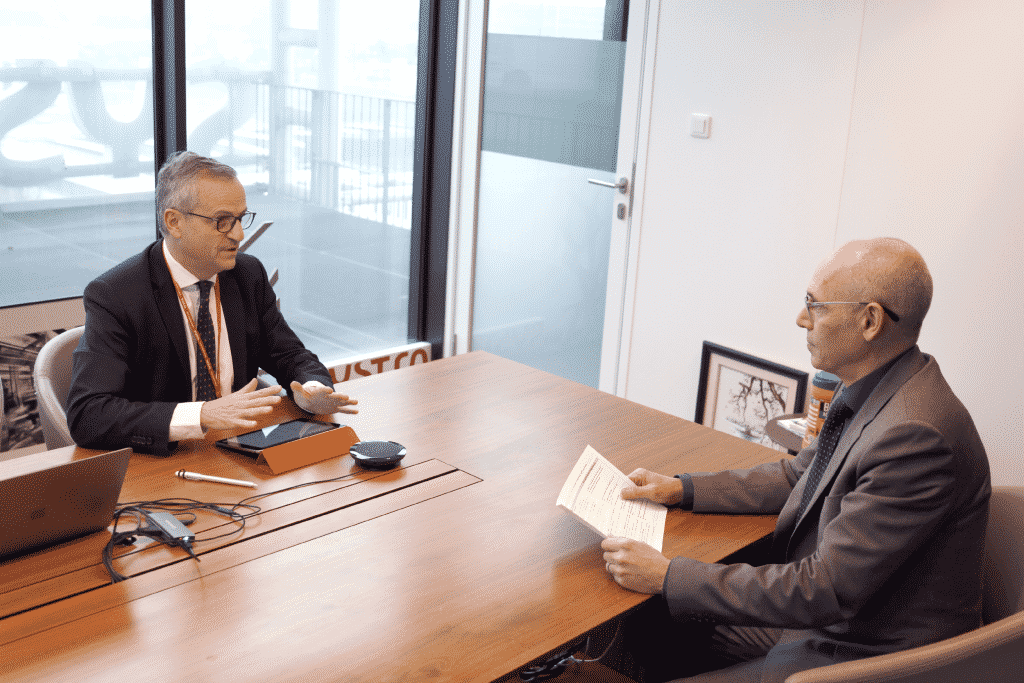
We have the strong support of our historical shareholders, who maintain their confidence in SYSTRA’s growth strategy and contribute capital to it.
Pierre VERZAT
5/ What, according to you, are the conditions for SYSTRA France’s success?
Pierre Verzat: Our success is based above all on the commitment and excellence of our teams. Our mission, which is to provide safe and sustainable mobility solutions for communities, is the main lever for motivating all the Group’s current and future talents. Positioning ourselves on such essential issues, which have a positive impact on our societies, is a key success factor for the future.
Didier Traube: We already have numerous strengths: more than 60 years of experience, the excellence of our teams, a strong regional network with many locations including 7 main sites (Paris, Lyon, Marseille, Nantes, Lille, Toulouse, Bordeaux) spread throughout the region.
But we must not rest on our laurels. More than ever, we want to better understand the challenges of our clients, to listen to them, to invent with them the mobility of tomorrow and provide robust and innovative solutions. To do this, we will have to continue our recruitment and training momentum for our 1,750 employees: they are our wealth!
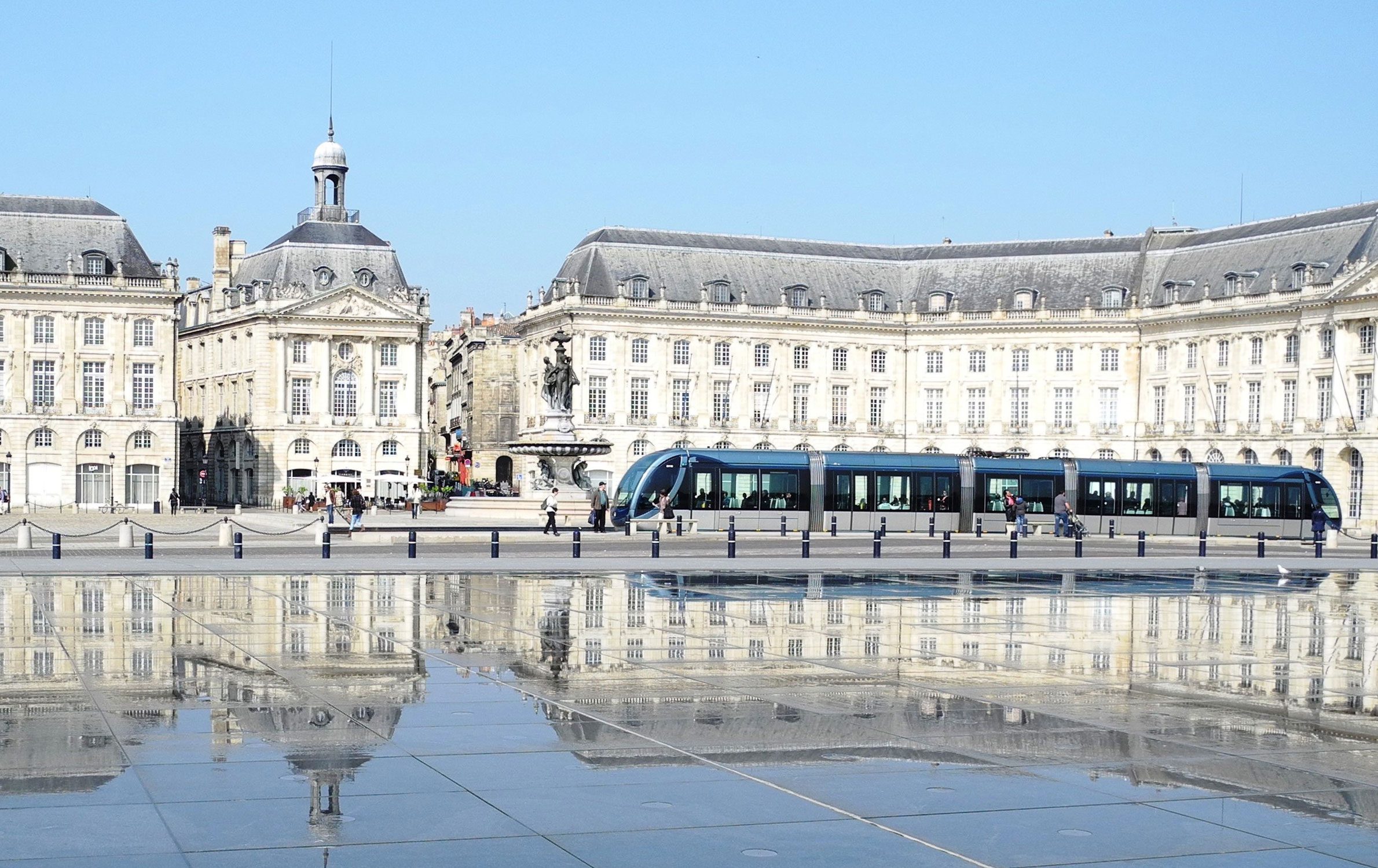
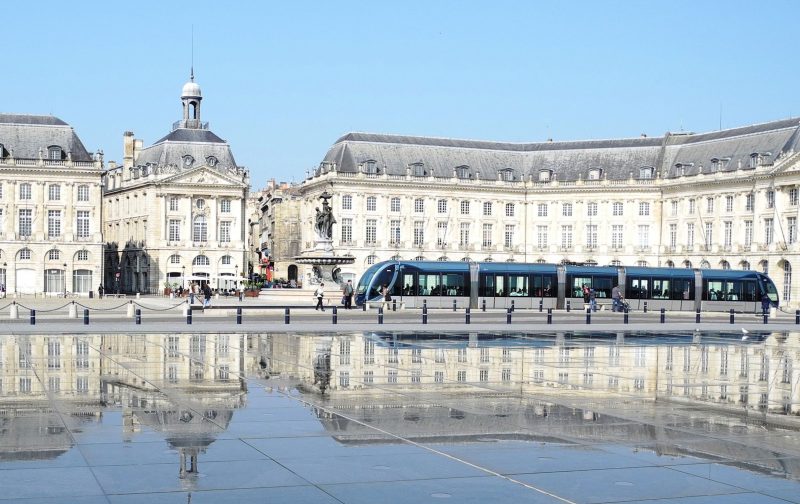
 Australia
Australia  Brazil
Brazil  Canada
Canada  Chile
Chile  China
China  Columbia
Columbia  Denmark
Denmark  Egypt
Egypt  France
France  India
India  Indonesia
Indonesia  Ireland
Ireland  Italy
Italy  Malaysia
Malaysia  New Zealand
New Zealand  Norway
Norway  Panama
Panama  Peru
Peru  Poland
Poland  Portugal
Portugal  Saudi Arabia
Saudi Arabia  Singapore
Singapore  South Korea
South Korea  Spain
Spain  Sweden
Sweden  Taiwan
Taiwan  Thailand
Thailand  Türkiye
Türkiye  United Kingdom
United Kingdom  United States
United States  Vietnam
Vietnam 